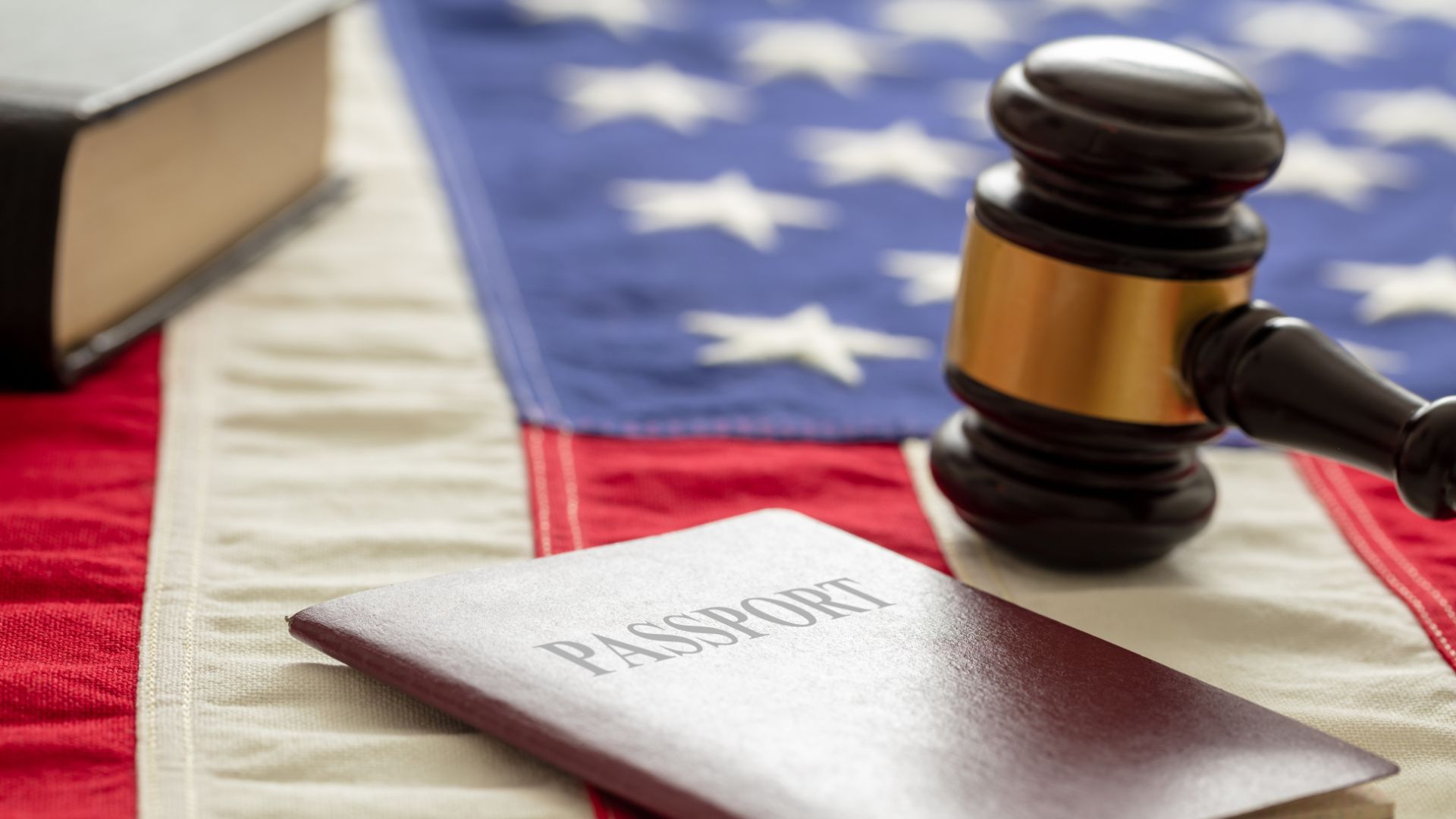One of the most unique paths to lawful permanent residence (a green card) in the United States is the Diversity Immigrant Visa Program, commonly referred to as the DV Lottery. This blog post offers a comprehensive overview of the program, including eligibility requirements, application process, selection, and frequently asked questions.
What is the Diversity Immigrant Visa (DV) Program?
The Diversity Immigrant Visa Program was established by the Immigration Act of 1990 to diversify the immigrant population in the United States. Each year, the U.S. Department of State allocates up to 55,000 immigrant visas to individuals from countries with historically low rates of immigration to the United States.
Winners of the DV lottery can apply for a green card and become lawful permanent residents.
Who Administers the DV Program?
The program is administered by the U.S. Department of State (DOS), and selections are made randomly via computer-generated lottery. It is free to enter the DV Lottery — any website or person requesting payment for entry should be approached with caution.
Basic Eligibility Requirements
To qualify for the DV Program, applicants must meet two key requirements:
1. Country of Birth Eligibility
Applicants must be born in a country eligible for the program in that particular year. Countries with high rates of recent immigration to the U.S. are excluded.
-
Ineligible countries change year by year and typically include nations with more than 50,000 immigrants to the U.S. in the past five years.
-
If you were born in an ineligible country, you might still qualify through:
-
Spouse’s country of birth
-
Parents’ country of birth, under specific conditions
-
2. Education or Work Experience
Applicants must have either:
-
A high school education or equivalent (completion of a 12-year course of formal elementary and secondary education); OR
-
Two years of work experience in the past five years in an occupation that requires at least two years of training or experience (as defined by the U.S. Department of Labor’s O*NET database).
Application Process
1. Entering the DV Lottery
-
The application is filed online through the official DOS website: https://dvprogram.state.gov
-
Entry period usually opens in early October and closes in early November
-
Only one entry per person is allowed; multiple entries will result in disqualification
-
The applicant must submit:
-
Personal information
-
Passport details (required since DV-2021)
-
Recent digital photograph(s)
-
Information about spouse and children (if applicable)
-
2. Selection Notification
-
Applicants can check if they were selected by visiting the Entrant Status Check on the DV website the following May (e.g., May 2025 for DV-2026).
-
No notification by email or phone — beware of scams!
3. If Selected
Selection does not guarantee a green card. Selected applicants must:
-
Submit Form DS-260 online
-
Undergo a background check and interview
-
Provide medical exam results and supporting documentation
-
Complete the process within the fiscal year (October 1–September 30)
Processing Through Consular Interview vs. Adjustment of Status
-
Outside the U.S.: Applicants go through Consular Processing at a U.S. Embassy or Consulate
-
Inside the U.S. (with lawful status): May apply for Adjustment of Status with USCIS using Form I-485
Note: Timing is critical — if your case isn’t finalized before September 30 of the fiscal year, you lose eligibility, even if selected.
Common Challenges and How We Help
At Rebecca Black Immigration, PA, we help clients with:
-
Reviewing eligibility and improving application accuracy
-
Correctly completing Form DS-260 and supporting documents
-
Preparing for consular interviews or adjustment of status
-
Dealing with complexities like derivative beneficiaries or inadmissibility waivers
Frequently Asked Questions (FAQs)
Q1: Is there a fee to enter the Diversity Visa Lottery?
No. Entering the lottery is completely free. However, if you are selected and apply for a visa, standard government filing and medical fees apply.
Q2: Can I include my family in the DV Lottery application?
Yes. You must list your spouse and all unmarried children under 21, regardless of whether they will immigrate with you. Failure to list them may lead to disqualification.
Q3: Can I still enter if I’m already living in the U.S. on another visa?
Yes. If selected, and you are otherwise eligible, you may apply for Adjustment of Status within the U.S.
Q4: What happens if I win but miss my interview or don’t act in time?
Unfortunately, if you don’t complete processing by the end of the fiscal year, your selection becomes invalid. It’s crucial to act promptly.
Q5: What are my chances of being selected?
Chances vary yearly and depend on how many entries are received. Millions apply each year, so the program is highly competitive.
Avoiding Scams
Be cautious of fraudulent websites or emails claiming you’ve won the DV Lottery. The U.S. government never notifies winners by email or phone. Always verify your status at the official site: https://dvprogram.state.gov
Final Thoughts
The Diversity Immigrant Visa Program is a rare opportunity for individuals from underrepresented countries to obtain permanent residency in the U.S. While the process may appear straightforward, the stakes are high — one mistake can cost you your chance.
At Rebecca Black Immigration, PA, we are experienced in guiding clients through the complexities of the DV program — from initial entry to green card approval. If you have questions or need professional support, contact us today.





